
Finnish DataCrunch Raises €55m in AI Cloud Challenge to Amazon and Google
Series A funding led by byFounders positions Helsinki startup as Europe’s answer to US hyperscaler dominance, but faces steep competition from well-funded rivals

Text by Martti Asikainen, 9.9.2025 | Photo Adobe Stock Photos

DataCrunch has secured €55 million in Series A funding led by Danish venture capital firm byFounders, marking a significant milestone in Europe’s determined push to build homegrown alternatives to American cloud computing dominance. The Helsinki-based AI infrastructure provider’s total funding now stands at €76.5 million.
The investment represents one of Europe’s most substantial commitments to challenging the stranglehold that AWS, Microsoft Azure and Google Cloud maintain over the continent’s digital infrastructure. While the American trio controls 63% of the global cloud market, European innovators like DataCrunch are carving out increasingly important niches with superior sustainability credentials and regulatory compliance.
DataCrunch’s rapid scaling and institutional backing from European pension funds signals growing momentum behind the continent’s digital sovereignty ambitions, offering a credible path toward reduced dependence on US tech giants.
European innovation gains momentum
Founded in 2020 by CEO Ruben Bryon, DataCrunch promises something increasingly attractive to European businesses: high-performance AI computing that keeps data within continental borders. The company operates from Finland and Iceland, countries whose renewable energy abundance allows it to undercut traditional providers on both cost and environmental impact.
The startup’s origins lie in Bryon’s personal frustration with existing cloud providers. He realised that incumbent companies offered packages poorly suited to cash-strapped early-stage startups needing affordable, flexible computing power.
“For me, someone who was hacking away in the basement, I couldn’t find a service that aligned with what I wanted to achieve, the pricing was just completely out of whack,” Bryon told Sifted.
According to him, the European organisations are facing a critical choice: continue depending on foreign cloud providers or invest in local infrastructure that offers true data sovereignty. But don’t get me wrong, the company’s pitch extends beyond nationalism.
DataCrunch has carved out a niche serving AI workloads specifically, at a time when demand for the specialized computing power needed to train artificial intelligence models far outstrips supply. Its customers already include techgiant Sony, alongside numerous European startups and universities hungry for affordable access to cutting-edge hardware.
Technical credibility and sustainability
DataCrunch’s technical achievements give substance to its bold ambitions. The startup was amongst the first globally to deploy Nvidia’s latest HGX B200 systems, and its Instant Clusters service has earned industry analyst recognition, matching Google Cloud Platform’s performance ratings.
More significantly, the company’s Serverless Containers platform now processes hundreds of millions of AI requests monthly. The kind of scale that signals genuine commercial traction rather than venture capital hype.
Yet DataCrunch faces also formidable obstacles. American hyperscalers didn’t achieve their dominance by accident—they offer global reach, proven reliability, and ecosystems of complementary services that lock customers in. Building infrastructure at the scale needed to compete requires enormous capital commitments that dwarf even DataCrunch’s impressive €55 million raise.
DataCrunch’s differentiator may be sustainability. As corporate environmental commitments harden from voluntary pledges into regulatory requirements, this green edge could prove decisive. The company runs entirely on renewable energy and has pioneered waste heat recovery, with its Helsinki data centre actually warming surrounding city buildings.
DataCrunch board member Henrik Rosendahl captures the shift perfectly: as AI becomes mission-critical for businesses, European enterprises want infrastructure partners who understand complex regulatory landscapes and share their sustainability values.
In a market where raw technical capabilities are becoming commoditised, this combination of regulatory expertise and environmental leadership may be precisely what distinguishes European cloud providers from their American rivals.
Ambitious expansion
The €55m will fund aggressive expansion, including a proposed AI gigafactory in Latvia that DataCrunch has pitched to the European Commission. We provided comprehensive coverage of the story in August. Such facilities, designed for large-scale AI model training, represent the kind of strategic infrastructure that governments increasingly view as essential national assets.
The funding round, which brings DataCrunch’s total capital to €76.5m, included backing from Finnish pension fund Varma and sovereign wealth fund Tesi. The kind of institutional support that suggests domestic recognition of the company’s strategic importance.
DataCrunch is not alone in its ambitions. France’s FlexAI recently raised $30m for similar goals, while Nebius emerged from the wreckage of Russian internet giant Yandex with public market backing. The question is whether Europe’s market can support multiple challengers, or whether the economics of cloud computing inevitably favor a few dominant players.
DataCrunch’s rapid ascent from bootstrap startup to €76.5m in funding in just five years demonstrates genuine demand for European cloud alternatives. Whether the company can evolve into a true competitor to AWS, Google Cloud, and Microsoft Azure remains uncertain, though European entrepreneurs and investors have shown no shortage of ambition or capital.


Finnish AI Region
2022-2025.
Media contacts